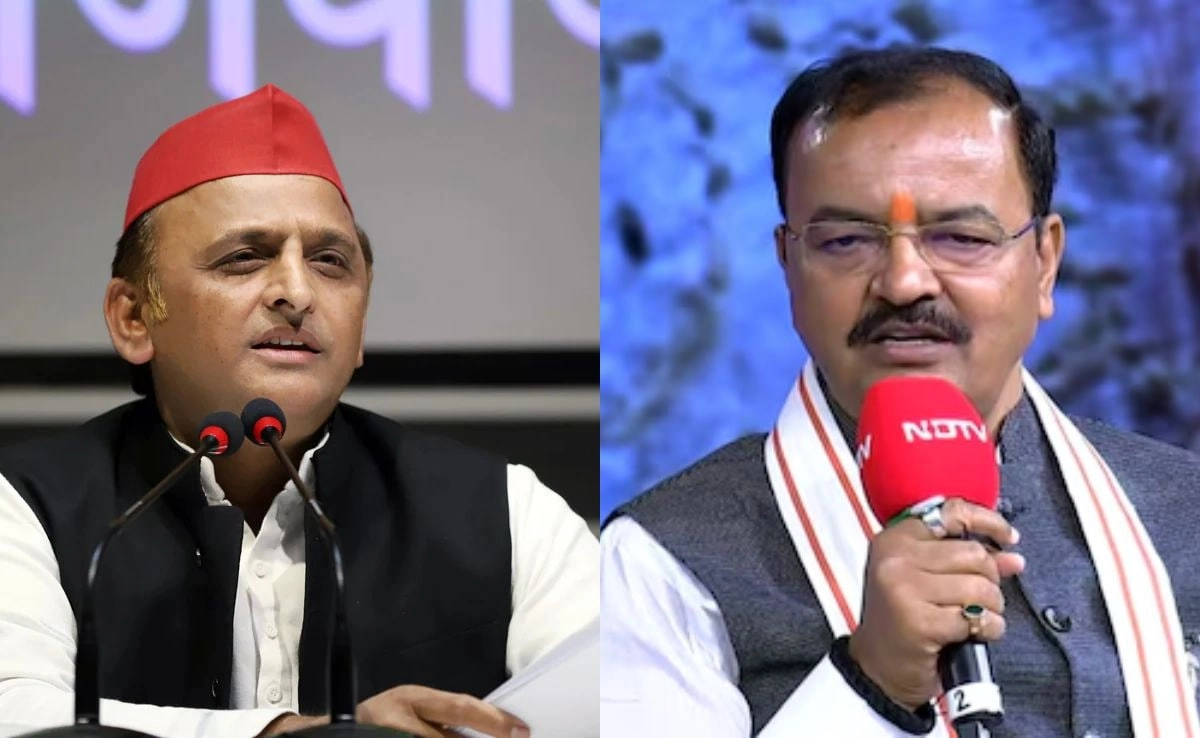In the political landscape of India, statements made by leaders often ignite passionate discussions and debates. Recently, Akhilesh Yadav, the leader of the Samajwadi Party, made headlines with his controversial remarks regarding “Gaushala,” which translates to a cow shelter. His comments came amid the ongoing Rana Sanga Row, a topic that has stirred significant controversy and divergent opinions among various factions. The mention of Gaushala, a symbol deeply rooted in Indian culture and religion, has not only attracted attention but also sparked a considerable uproar within the political sphere and among the general populace.
Yadav’s remarks seem to have tapped into the sensitive subject of cow protection, which has been a focal point for many political narratives in India, particularly among Hindu nationalist groups. His statement may have been intended to highlight the importance of animal welfare and the cultural significance of cows in Indian society. However, it has also been interpreted by some as a diversion from pressing political issues, leading to accusations of opportunism and insensitivity. The backlash against his comments illustrates the fine line politicians must navigate when discussing topics that resonate with deeply held beliefs and cultural practices.
The context of the Rana Sanga Row adds further complexity to the situation. This controversy revolves around historical narratives and the legacy of figures like Rana Sanga, a Rajput king known for his resistance against Mughal expansion. As discussions about historical figures often evoke strong emotions tied to identity and pride, Yadav’s remarks have inadvertently become entangled in a broader discourse about nationalism, historical interpretation, and cultural heritage. In an era where political rhetoric can quickly escalate into heated confrontations, Yadav’s comments have underscored how easily a statement can be perceived as inflammatory or supportive, depending on the audience’s perspective.
As the debate continues, it remains to be seen how this incident will impact the political landscape in Uttar Pradesh and beyond. Yadav’s Gaushala remark not only reflects the current state of political discourse but also highlights the challenges faced by leaders in addressing issues that resonate with their constituents. With the potential for such remarks to influence voter sentiment and party dynamics, this situation serves as a reminder of the careful consideration required when navigating the intersection of culture, politics, and public sentiment. The uproar surrounding Yadav’s comments is indicative of a larger narrative within Indian politics, where the stakes are high, and every word carries significant weight.




